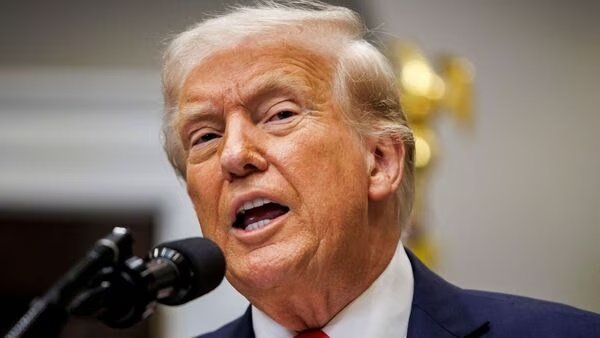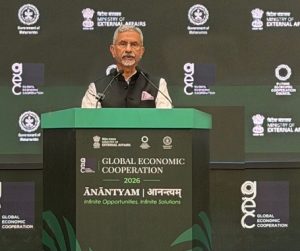Last Updated on July 8, 2025 11:15 am by BIZNAMA NEWS

Zakir Hossain From Dhaka
US President Donald Trump has imposed a 35% tariff on Bangladeshi imports, citing a “longstanding and very persistent” trade deficit. In a letter sent to Chief Adviser Muhammad Yunus and shared on Truth Social on 7 July, Trump wrote, “It is a Great Honour for me to send you this letter… we have decided to move forward with you, but only with more balanced, and fair, TRADE.”
He criticized Bangladesh’s “Tariff and Non Tariff Policies and Trade Barriers,” saying the relationship had “not been Reciprocal,” and added, “We must move away from these longterm deficits.” Though 2% lower than the 37% announced in April, the new rate far exceeds Vietnam’s 20% tariff following a recent US trade deal.
However, the move is not final. Golam Mortoza, press minister at the Bangladesh Embassy in Washington, stated on Facebook, “Discussions are still ongoing,” and noted a new round of talks is set for today (July 9).
Commerce Secretary Mahbubur Rahman confirmed the US sent a large document for review alongside the tariff notice. “I haven’t had the chance to read it fully yet,” he told media. He also told AFP, “There is hope for a reduced rate as USTR sent another draft document.”
Trump’s letter hinted at flexibility: “If you open your heretofore closed Trading Markets… we will, perhaps, consider an adjustment to this letter.” To address the deficit—Bangladesh exported $8.36 billion to the US in 2024 while importing $2.21 billion—Dhaka has proposed buying Boeing planes and increasing imports of U.S. wheat, cotton, and oil.
The garment sector, which makes up 80% of Bangladesh’s exports, is alarmed. Bangladesh Garment Manufacturers and Exporters Association (BGMEA) President Mahmud Hasan Khan called it “a big challenge,” saying, “We had expected the tariff to be between 10 to 20 percent.” Former BGMEA director Mohiuddin Rubel warned of job losses and urged Dhaka to resume trade talks and engage U.S. importers.
The Dhaka Stock Exchange reacted cautiously. On Tuesday (July 8), the DSEX index fell 10 points to 4,966, while the DS30 shed 5 points to 1,867. As negotiations continue, Bangladesh hopes to avert a major blow to its export-driven economy.







